ACCESS TO JUSTICE
Child survivors of trafficking and sexual abuse cannot fully rehabilitate without justice. Our groundbreaking Access to Justice program is giving thousands of children their right to be heard, and bringing the perpetrators of violence to justice.
Across India, a child is reported missing every seven minutes. Six children every hour report a sexual crime against them, and four of them are reporting a rape. The vast majority of these children are girls.
Despite India’s strong child protection laws, children who are victims of trafficking and abuse can wait decades for their cases to go to trial – if they have the support and courage to report them in the first place.
Our Access to Justice program is breaking new ground for child protection across India by:
- putting India’s child protection laws into practice to increase the number of cases of trafficking and child sexual abuse which are registered and heard in court, and increase the rate of convictions for child sexual abuse and child trafficking;
- identifying child traffickers, stopping trafficking as it happens, and rescuing children who have been trafficked into exploitation;
- providing tens of thousands of children with rehabilitative counseling, enabling their access to statutory compensation for registering the crimes committed against them, and registering for back wages for child laborers;
- tracking online child trafficking, commercial sexual exploitation, and sexual abuse through new technologies to secure evidence and bring perpetrators to justice; and
- preventing and ultimately eliminating child sexual abuse and trafficking for labor and sexual exploitation from the ground up, through community engagement and training of police and child protection staff.
As well as ensuring justice delivery to children who have been trafficked for labor or sexual exploitation, and victims of child sexual abuse, the Access to Justice program is also supporting the Child Marriage Free India campaign. India is one of the few countries in the world which has an outright ban on child marriage, outlawing all marriages to girls, and making no exceptions. This means it is also a crime in India to have sexual intercourse with a child regardless of the guise of marriage, as the age of consent is 18, with an explicit court ruling stating that such relations are child rape. The Child Marriage Free India campaign aims to end child marriage across India for good.
PARTNERSHIP APPROACH
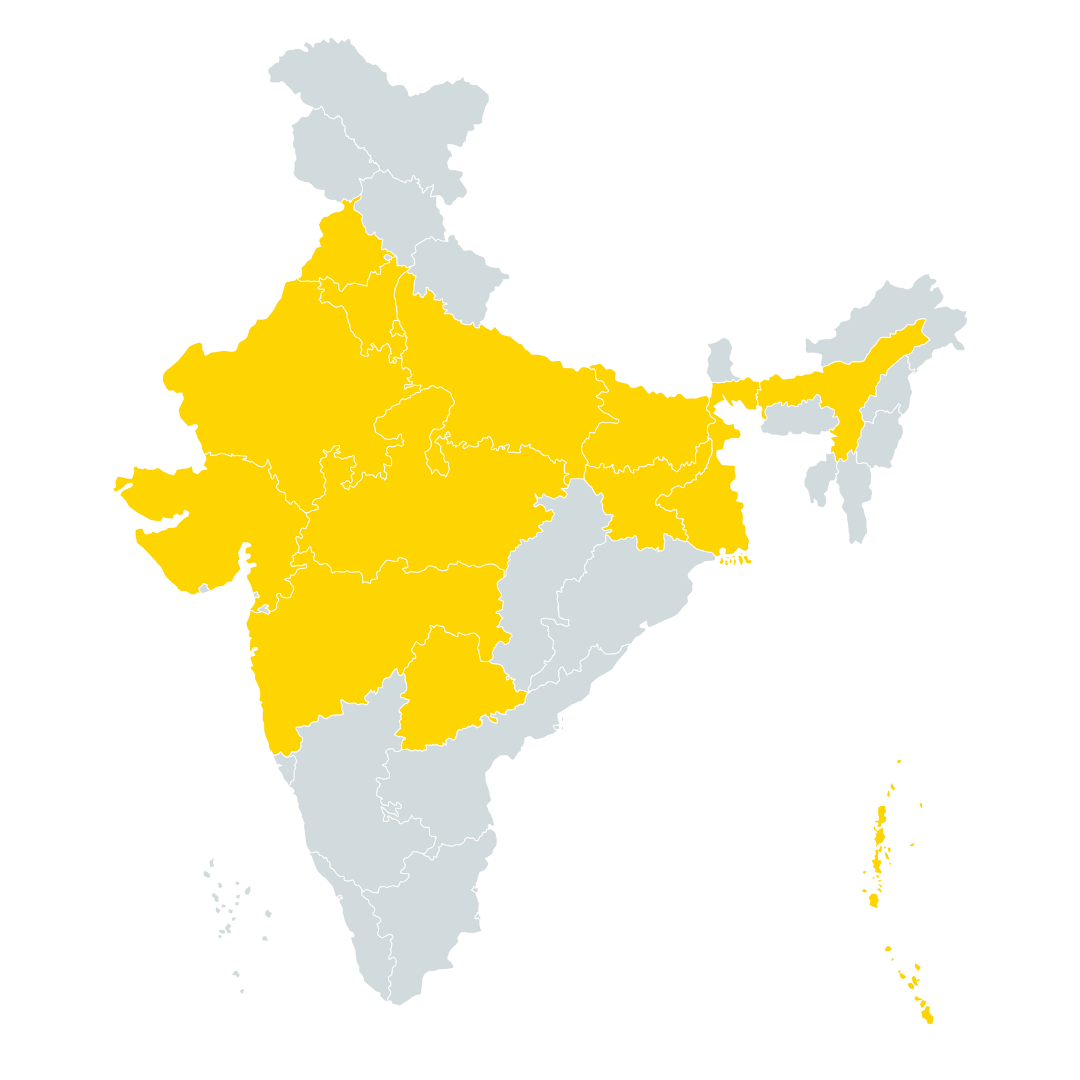
KSCF US funds the Access to Justice program through grant-making to partner organizations working at national and local levels. The program partners co-design and co-create the work of the program, and jointly identify success indicators.
KSCF US partners with national and grassroots organizations to deliver the program, working in target districts and states identified as requiring interventions on child trafficking and sexual abuse, and where such interventions are possible. During Phase 1 of the program, our partners are working in the Andaman and Nicobar Islands, Bihar, Delhi, Gujarat, Haryana, Madhya Pradesh, Rajasthan, and West Bengal. In addition, our sister organizations Bachpan Bachao Andolan (BBA – Save the Childhood Movement) and KSCF India deliver the program in Delhi, Bihar, and Jharkhand. In total, the program is being delivered by 33 organizations, working in 109 districts in its first phase. In addition, the India Child Protection Fund leads a national, online Access to Justice program, which focuses on online trafficking and child sexual exploitation and abuse.
The pilot of Access to Justice (Phase 1) commenced in August 2021, and ran until the end of March 2023. Phase 2 of the pilot began on 1 April 2023, and KSCF US reviewed applications by civil society organizations and independent experts with track records of impact in child protection for inclusion in this new phase. In Phase 2, the program increased its reach to 200+ districts, working with additional partner organizations.
MEENA’S STORY, RAJASTHAN
Meena was grazing her family’s goats in the forest near her village when she was brutally attacked and sexually assaulted by a 14 year-old boy from her own community. He left her unconscious in the forest. She was just eight years old.
Once she had regained consciousness, she traveled home – her physical state led her family to believe she had been attacked by a wild animal. At the district hospital, her doctor revealed that she was raped. Meena’s condition was critical, and she was kept in the ICU for almost a week.
The family was in shock, but did not want to lodge a First Incident Report (FIR) with the police, to avoid public shame. Eventually, despite family disagreements – particularly from one member, who was a government employee – her aunt took the decision to lodge the FIR.
Police started the investigation and presented the claim in court, but Meena’s family avoided giving evidence for almost a year, which meant the case could have been thrown out
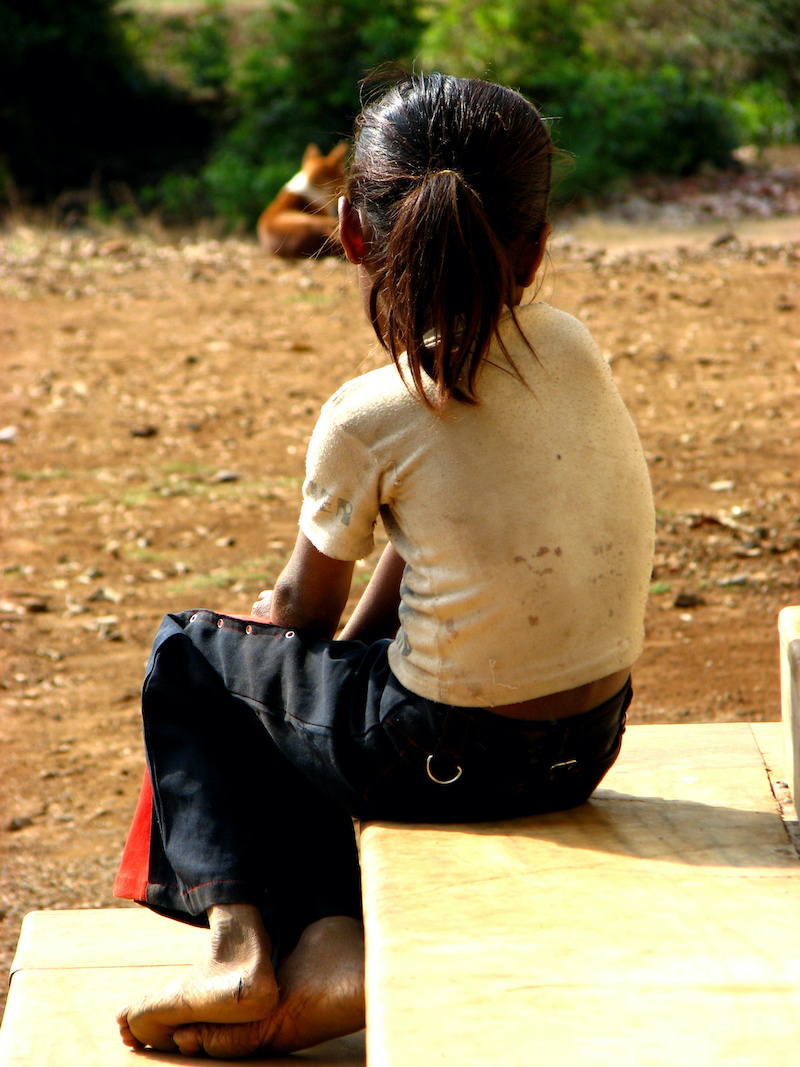
Names changed; Meena is not pictured.
At this stage, counselors from Shrushti Seva Samiti, a partner organization of the Access to Justice program in Rajasthan, were put in touch with Meena and her family. Meena was experiencing severe trauma, and could not stop crying during the first session. Over the weeks, a relationship was built and Meena and her family eventually agreed that the legal team from Shrushti Seva Samiti could appear on their behalf and arrange testimony in court.
Shrushti Seva Samiti’s intervention proved critical: the lawyer appointed by the District Legal Services Authority for Meena did not turn up to court, so the lawyer from Shrushti Seva Samiti managed the hearing. With the support of the lawyer and a judge sympathetic to Meena’s age and the nature of her case, she was able to give testimony for an hour. Other family members are now ready to give evidence. Meena is now ten years old.
ACCESS TO JUSTICE IN ACTION
LEGAL SUPPORT
At the core of the program is the provision of support to survivors of child trafficking and child sexual abuse to get their cases registered by the police, to ensure suspected perpetrators are arrested, and to see the legal process through to trial in court. Our partners provide access to legal counsel, who explain and guide families and survivors through the legal process, lodge their cases, stop bail applications from suspects, register victims for compensation, and represent them in court. Survivors and their families receive this and all other support from the program for free, from start to finish.
INTELLIGENCE AND RESCUE
Ending the exploitation of children trafficked into child labor has been the focus of the Satyarthi movement’s work for over four decades. The Access to Justice program’s partnership model has enabled KSCF US to increase the reach of rescue operations across India. In Bihar, Delhi, Haryana, Gujarat, Rajasthan, and Jharkhand, thousands more trafficking victims are being identified and rescued by partners as well as by Bachpan Bachao Andolan.
In addition, KSCF India runs the Survivor-Led Intelligence Network, which is led by survivors of child trafficking who have been rehabilitated at Bal Ashram. Through Access to Justice, the Network is covering an additional 50 districts.
Trafficking suspects and individuals found illegally employing children are also reported, and Access to Justice monitors arrests and convictions.
REHABILITATION
For survivors of child trafficking and sexual abuse, rehabilitation is critical. Access to Justice partners provide counseling support as part of every case, with mental health interventions where needed. Often, it is through the support of a trained counselor that children, as well as their family members, feel comfortable and prepared to embark on the legal aspects of their case.
PROFESSIONAL TRAINING AND COMMUNITY ENGAGEMENT
Another vital pillar in the program is the prevention of child trafficking and child sexual abuse, working with child protection professionals and communities at the grassroots to stop children becoming victims of violent crime in the first place.
Workshops are organized by KSCF India for police officials, child welfare committee members, district child protection units, anti-human trafficking units, child care institutions, and counselors. These workshops cover the law and protection schemes for children, as well as child friendly approaches and behaviours.
At the grassroots level, community sensitization has long been a core element of KSCF’s work to protect children, from the Child Friendly Villages program to community workshops organized by the Survivor-Led Intelligence Network. KSCF India uses this experience and knowledge to expand the reach of the Access to Justice program to families and children in communities in hotspots for child trafficking and sexual abuse.
ONLINE TRAFFICKING AND CHILD SEXUAL ABUSE
Access to Justice also tackles online trafficking and child sexual abuse. By working with law enforcement agencies and state governments, the online aspect of the program, run by the India Child Protection Fund, uses software and artificial intelligence to identify incidents of trafficking and abuse, and provides evidence on suspects. The program also trains police officials and education professionals to stop online abuse in its tracks.
ADITI’S STORY, WEST BENGAL
I am Aditi. I am 16 and I study in Class 11 at school.
Every day on my way to school, a 22 year-old man called Rajesh would harass me, and call me names. I would argue back at him, but he didn’t care, so I told my mother about it. One evening on my way home, he attacked me: he grabbed me and forced me into a nearby, isolated mango grove. I shouted at him but he would not listen to my words. He tried to rape me, even though I was shouting loudly. Eventually a neighbor found us and caught Rajesh. The neighbor called the police and managed to hand Rajesh over to the police.
After the incident, I was very shocked. I faced so much pressure and so many social barriers; I was totally emotionally broken down. I felt very shy. I even stopped my schooling.
One day, the staff of BAPU (Bhabna Association for People’s Upliftment) came to my home. They understood why my family and I felt shy, they understood that it is not our fault. I shared my feelings with them, and started the counseling process. My counselor called me regularly and gave me motivation to recover gradually. BAPU contacted my school too so I could return to class, and I passed the Higher Secondary exam with star marks.
Now, my case is in court & BAPU is fighting for me, and I am continuing my studies. I want a bright future, so I can be part of the fight against violence towards women.
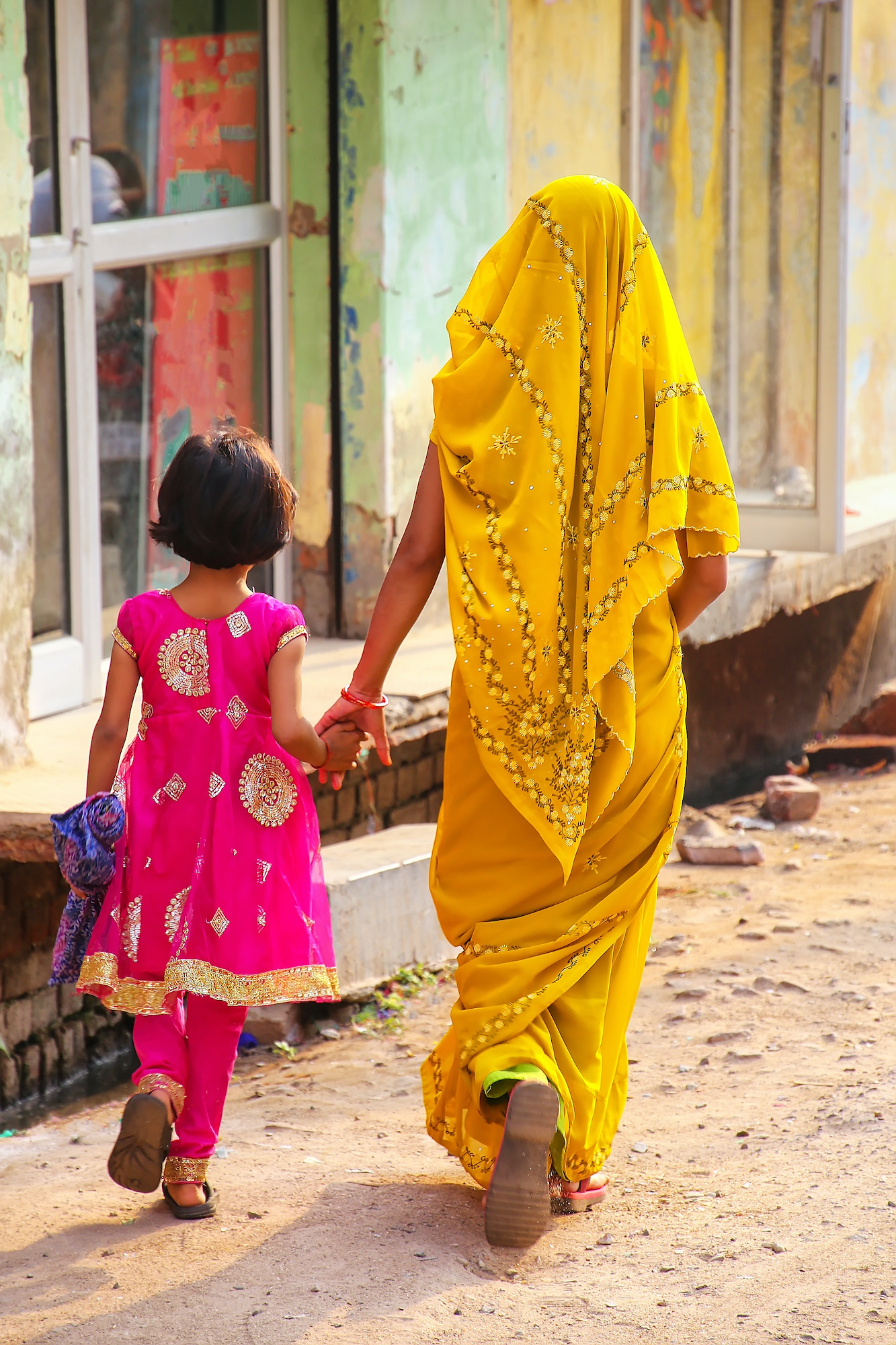
Names changed; Aditi is not pictured.
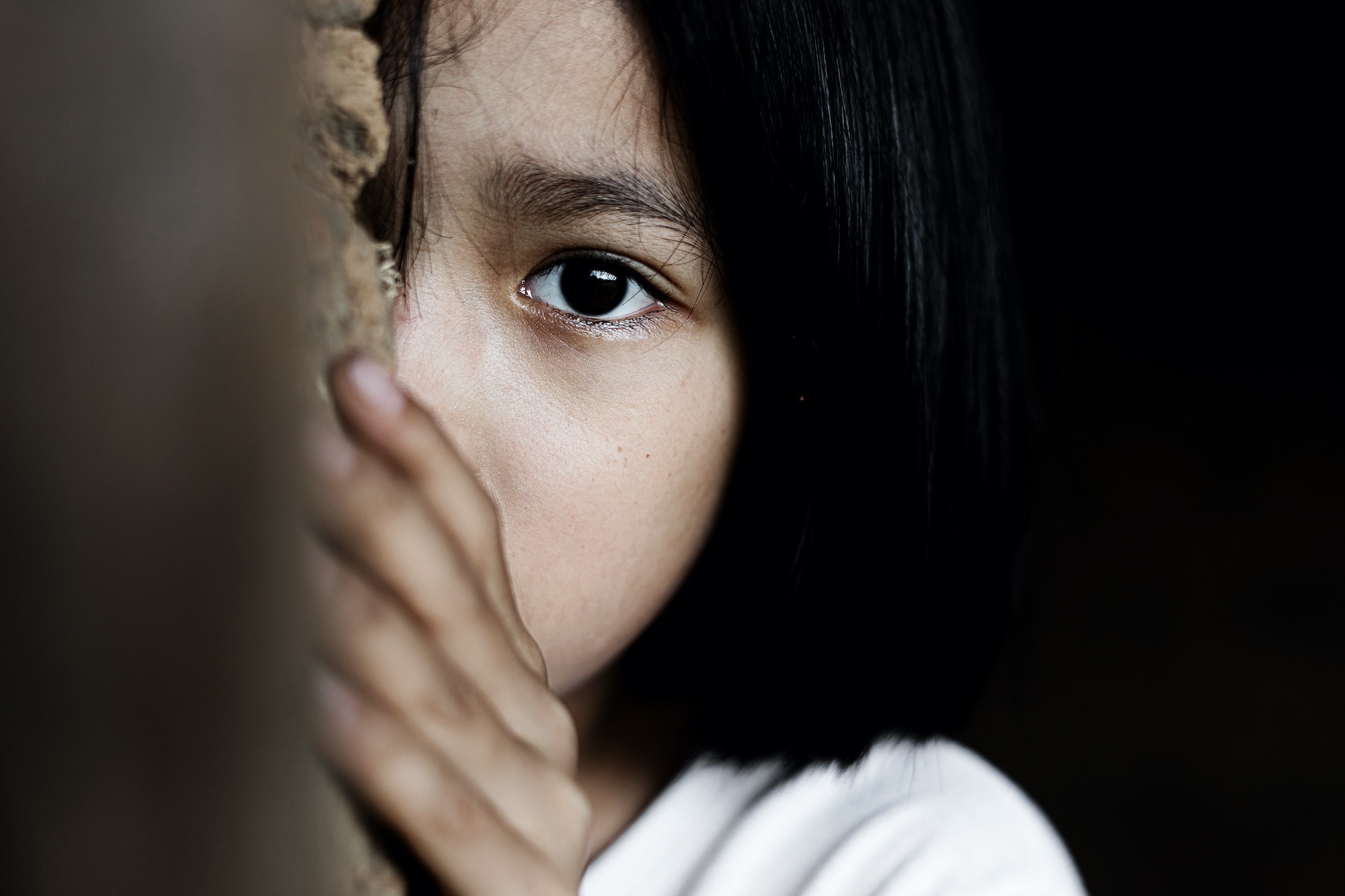
LESSONS LEARNED SO FAR
The cases tackled by Access to Justice usually involve severe trauma endured by the survivors. Some cases involve sexual abuse committed by family members or by ‘employers’ illegally hiring children as laborers. Some girls have become pregnant as a result of sexual abuse. In the most extreme cases, sexual abuse has been committed against children as young as three years old, or by gangs against young children; some victims have been murdered, and our partners work with their families to support them through their trauma and their fight for justice against the perpetrators.
Communities have played a strong part in providing a safety net for children, both in preventing trafficking and sexual abuse, and helping victims to rehabilitate. There have also been several instances where survivors themselves have had the courage to formally report sexual abuse, and they are supported through the justice process by our partners.
IMPACT TO DATE
During the pilot, Access to Justice partners have rescued and supported tens of thousands of children who had been trafficked or were survivors of child sexual abuse. In addition, thousands of employers of child laborers and suspected traffickers have been arrested. The program has also achieved a higher conviction rate across its total caseload, compared to the national conviction rate against all cases.
Access to Justice has also had a positive impact on preventative measures. Thousands of children have participated in awareness events, and meetings have been organized in hundreds of communities. The program has also supported thousands of families to enrol in social protection programs, and enrol their children in school.
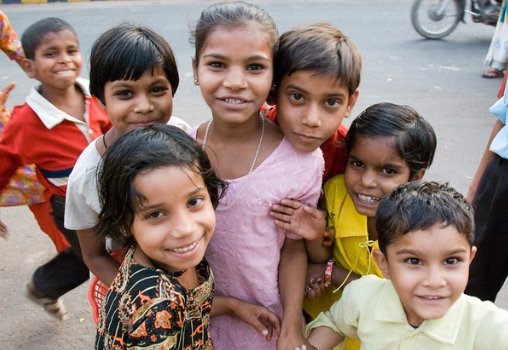
JOIN OUR MOVEMENT
You can help us end child exploitation today by becoming a supporter of KSCF US.
